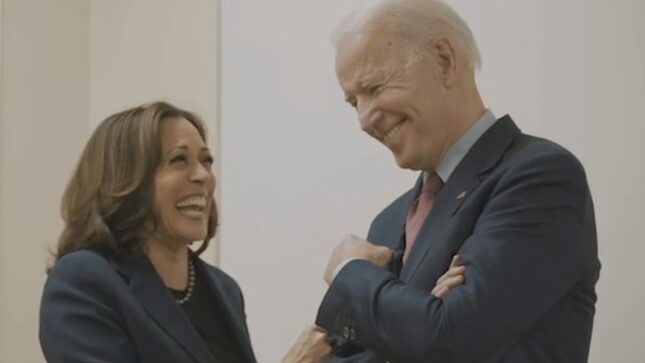

It was always going to be Kamala Harris. Wasn’t it obvious? Joe Biden, hardly a man who has inspired excitement, needed a jolt of relatively youthful energy. The resurgent Black Lives Matter movement meant that it mattered to him and to activists, if not to most voters, that his choice possess what he deemed the right optics, given how the mainstream of the Democratic Party’s leadership has whittled the movement down into a largely symbolic one, turning its material goals into questions of representation. It would be a woman, we knew, because of Biden’s pronouncement last March, during one of the seemingly endless primary debates, that he would pick a woman to be his second-in-command. In doing so, Biden was countering critics who pointed out his spotty record on birth control and abortion, his penchant for touching women in overly familiar ways that have made them uncomfortable, and his past treatment of Anita Hill. Harris, an experienced, capable politician with the right background and politics that were neither too left or too moderate, ticked off all of Biden’s boxes.
-

-

-

-

-

-

-

-

-

-

-

-

-

-

-

-

-

-

-

-

-

-

-

-

-

-

-

-

-

-

-

-

-

-

-

-

-

-

-

-








































